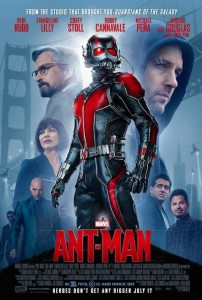Since 2010, I have been a member of the Mysterious Galaxy Writers’ Support Group. We meet twice a month, read pages aloud to the group and provide instant feedback and critique. We also do longer pieces at home and share the line edits with the authors. If you want to write and you are not a member of a writers’ group I would advise joining and if there isn’t one in your area there are many on-line and you can even found one.
Over the years, I have picked up a few thoughts on critiques and today I will share some in hopes that someone might find them of value. This post will be about giving critiques, perhaps there will a part 1 about receiving them but frankly giving is far more important to your growth as a writer than getting.
These are not hard fast rules, but rather the guidelines I think work best. As with cars, your mileage may vary.
1) Be Honest. No honest critique can be wrong. It is the impression and reaction that the piece generated in the reader. This is not mathematics where there are right and wrong answers. Writing is about what works and what doesn’t work. While there general rules for what works, show don’t tell, active vs passive, these can and are broken to good effect. Now, it is difficult to break them without understanding why they are there, but if the break works or does not work for you, then it didn’t and you should say so.
2) Be Polite. There are several very good reasons to be polite. It is simply good manners and few people want to associate with the boorish. Also if you are polite the person you are speaking with is more inclined to listen. This benefits them and keeps you from wasting your time. Rude, mean comments are destructive to the person receiving the critique and to the group as a whole. Meetings were such things are tolerated will not reoccur for long.
3) Be Precise. Phrases such as ‘I liked it’ and ‘I didn’t like it’ are generally unhelpful for an author diagnosing a problematic piece. Give examples where the writing didn’t work for you and try to illuminate why it didn’t work.
4) Praise where you can, but be true to rule 1. I like whenever possible to start with what worked for me, and why it worked, then go into what didn’t work for me and why and then sum up with the positive. I find the sandwiching of good and bad helps both come across clear and in a generally receptive manner.
5) Be Wary of re-writing it to your own style and preferences. The work is not your work it is someone else’s. They likely have different ideas about what makes an interesting plot, and engaging characters. The trick here is to focus on the prose and how it serves the story and unless asked for plotting help, avoid changes to the story itself. This will also make it easier to give useful feedback for a genre you don’t read or write.



